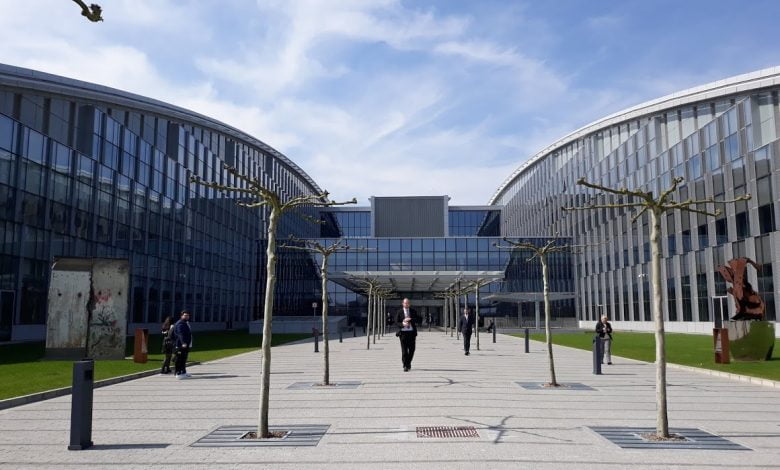
Georgia in NATO 2030 Report
A new report presented at December 1-2 NATO Foreign Ministerial said the Alliance should seek to expand and strengthen partnerships with Georgia and Ukraine “as vulnerable democracies that seek membership and are under constant external and internal pressure from Russia.”
NATO should consider providing more stable and predictable resource streams for partnership activities, while its “Open Door Policy should be upheld and reinvigorated,” the 67-page report suggested.
The document noted that while Russian aggression in Georgia and Ukraine continues, its assertive behavior “has intensified in the High North and North Atlantic, with air and naval build ups in and around key maritime chokepoints in the Barents, Baltic, and Black seas, and the Mediterranean.”
The report said that Moscow “has attempted to create satellite or client states near NATO territory, including so-called frozen conflicts,” alluding, among others, to Georgia’s Russian-occupied regions of Abkhazia and Tskhinvali/South Ossetia.
Georgian Foreign Minister Davit Zalkaliani commented on the report: “Document of vital importance, once again stressing NATO’s Open Door Policy and staunch support for Georgia, has been launched by NATO SG experts. It is tremendously significant for our further stable development and regional security.”
The report was prepared as part of the NATO 2030 process, involving reflection on strengthening the Alliance to face future challenges, introduced by Secretary General Jens Stoltenberg this year. Expert Group, that worked on the document, was co-chaired by Thomas de Maizière, German Bundestag member, former German Defense Minister, and Aaron Wess Mitchell, former American diplomat who served as Assistant to Secretary of State for European and Eurasian Affairs.
The group further consisted of British PM Boris Johnson’s advisor John Bew, former Canadian national security advisor Greta Bossenmaier, Danish security policy expert Anja Dalgaard-Nielsen, former Italian Deputy Foreign Minister Marta Dassù, Polish MEP Anna Fotyga, senior Turkish diplomat, former Assistant to NATO Secretary General Tacan Ildem, former French Foreign Minister Hubert Védrine, and advisor to Dutch Government Herna Verhagen.
Also Read:
- NATO SecGen Says Georgia, Ukraine ‘Highly Valued Partners’
- NATO to Deepen Partnership with Georgia, Ukraine
This post is also available in: ქართული Русский